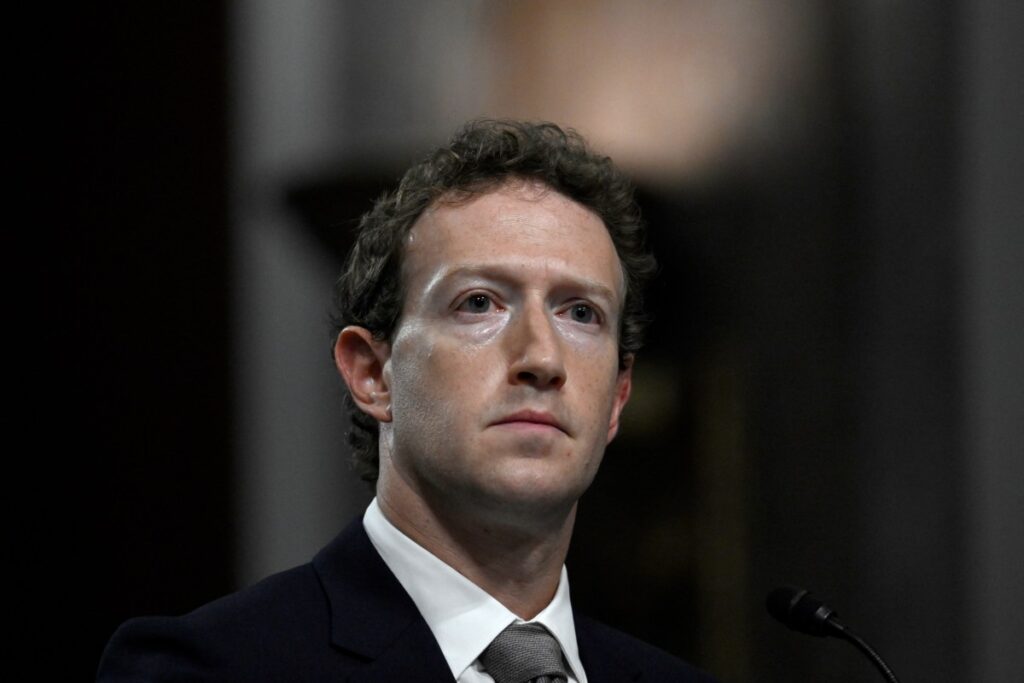
SAN FRANCISCO – A federal judge ruled in favor of Meta on Wednesday, dismissing a lawsuit by 13 authors, including Sarah Silverman, who alleged the company illegally trained its AI models on their copyrighted works.
Immediate Impact
Federal Judge Vince Chhabria issued a summary judgment, allowing him to decide the case without a jury. He concluded that Meta’s use of copyrighted books for AI training fell under the “fair use” doctrine, making it legal.
This decision comes shortly after a similar ruling favoring Anthropic, marking a significant moment for the tech industry, which has long battled media companies over the use of copyrighted materials in AI training.
Key Details Emerge
Despite these decisions, Judge Chhabria emphasized that they are not blanket approvals for AI training on copyrighted works. He noted that the plaintiffs “made the wrong arguments” and lacked sufficient evidence.
“This ruling does not stand for the proposition that Meta’s use of copyrighted materials to train its language models is lawful,” Judge Chhabria stated.
The judge highlighted that Meta’s use was transformative, meaning the AI models did not simply reproduce the authors’ books. The plaintiffs also failed to demonstrate market harm, a critical factor in copyright infringement cases.
Industry Response
The tech industry views these rulings as victories, though not as comprehensive as some hoped. Both judges pointed out the limited scope of their decisions, indicating that future cases might have different outcomes based on their specifics.
“The plaintiffs presented no meaningful evidence on market dilution at all,” said Judge Chhabria.
By the Numbers
- 13 authors involved in the lawsuit
- 2 tech companies recently favored in court
- Multiple ongoing lawsuits against tech firms using copyrighted materials
What Comes Next
While Meta and Anthropic have achieved legal wins, other tech companies face similar lawsuits. The New York Times is suing OpenAI and Microsoft for using news articles, while Disney and Universal are challenging Midjourney over films and TV shows.
Judge Chhabria noted that fair use defenses depend heavily on case details, suggesting that some industries might have stronger arguments than others.
“It seems that markets for certain types of works (like news articles) might be even more vulnerable to indirect competition from AI outputs,” said Chhabria.
Background Context
The legal battles over AI training on copyrighted materials have intensified as AI technology advances. Companies argue for fair use, while content creators worry about market impacts and copyright infringement.
These court decisions could influence future rulings and negotiations between tech companies and content creators, shaping the landscape of AI development and copyright law.
Expert Analysis
Experts suggest that these rulings may encourage tech companies to continue using copyrighted materials for AI training, but with caution. The decisions highlight the importance of presenting robust evidence in copyright disputes.
The outcomes of ongoing and future cases will likely depend on the specifics, including the nature of the copyrighted works and the impact on their markets.
As the legal landscape evolves, companies and creators must navigate the complexities of fair use and copyright in the digital age.







